The Australian Taxation Office (ATO) said it recognised the challenges COVID-19 had brought upon workers and wanted to make this year's return as easy as possible.
ATO Assistant Commissioner Karen Foat said the tax office had a range of different approaches to support taxpayers and the community through this tax season.
“We know many of our clients and their agents will have questions about how different types of income and expenses may affect their obligations this year," Ms Foat said.
"We’re helping to make sure people know how to get it right."
“We have published information on our website to help you get it right when lodging this year, including the ‘Tax Time Essentials’ page which is a one-stop shop for the things that are a little different this year and how they impact your return."
What's in this article:
Need somewhere to store cash and earn interest? The table below features introductory savings accounts with some of the highest interest rates on the market.
Provider | |||||||||||||
|---|---|---|---|---|---|---|---|---|---|---|---|---|---|
| 0 | 1000 | 0 | $product[$field["value"]] | $product[$field["value"]] | $product[$field["value"]] | More details | |||||||
| FEATURED | Savings Maximiser
| ||||||||||||
Disclosure | |||||||||||||
Savings Maximiser
Disclosure
| |||||||||||||
| 0 | 0 | 0 | $product[$field["value"]] | $product[$field["value"]] | $product[$field["value"]] | More details | |||||||
| FEATURED | Save Account
| ||||||||||||
Disclosure | |||||||||||||
Save Account
Disclosure
| |||||||||||||
| 4 | 0 | 0 | 1 | $product[$field["value"]] | $product[$field["value"]] | $product[$field["value"]] | More details | ||||||
| FEATURED | High Interest Savings Account (<$250k)
| ||||||||||||
Disclosure | |||||||||||||
High Interest Savings Account (<$250k)
Disclosure
| |||||||||||||
| 4 | 0 | 0 | $product[$field["value"]] | $product[$field["value"]] | $product[$field["value"]] | More details | |||||||
Savings Accelerator
| |||||||||||||
Disclosure | |||||||||||||
Savings Accelerator
Disclosure
| |||||||||||||
| 0 | 2000 | 0 | $product[$field["value"]] | $product[$field["value"]] | $product[$field["value"]] | More details | |||||||
HomeME Savings Account (<$100k) | |||||||||||||
| 0 | 200 | 1 | $product[$field["value"]] | $product[$field["value"]] | $product[$field["value"]] | More details | |||||||
Growth Saver | |||||||||||||
| 0 | 1000 | $product[$field["value"]] | $product[$field["value"]] | $product[$field["value"]] | More details | ||||||||
Virgin Money Boost Saver | |||||||||||||
| 0 | 100 | 1 | $product[$field["value"]] | $product[$field["value"]] | $product[$field["value"]] | More details | |||||||
Bonus Saver Account | |||||||||||||
| 0 | 200 | 0 | $product[$field["value"]] | $product[$field["value"]] | $product[$field["value"]] | More details | |||||||
Online Savings - Premium Saver | |||||||||||||
| 0 | 100 | 0 | $product[$field["value"]] | $product[$field["value"]] | $product[$field["value"]] | More details | |||||||
Bonus Saver | |||||||||||||
| 0 | 10 | 0 | $product[$field["value"]] | $product[$field["value"]] | $product[$field["value"]] | More details | |||||||
mySaver | |||||||||||||
| 0 | 0 | $product[$field["value"]] | $product[$field["value"]] | $product[$field["value"]] | More details | ||||||||
Simple Saver | |||||||||||||
| 4 | 0 | 0 | 1 | $product[$field["value"]] | $product[$field["value"]] | $product[$field["value"]] | More details | ||||||
Netsave Account | |||||||||||||
| 3 | 0 | 0 | 0 | $product[$field["value"]] | $product[$field["value"]] | $product[$field["value"]] | More details | ||||||
Online Savings Account | |||||||||||||
| 3 | 0 | 0 | 0 | $product[$field["value"]] | $product[$field["value"]] | $product[$field["value"]] | More details | ||||||
HSBC Everyday Savings Account | |||||||||||||
| 0 | 50 | 1 | $product[$field["value"]] | $product[$field["value"]] | $product[$field["value"]] | More details | |||||||
Incentive Saver Account | |||||||||||||
| 4 | 0 | 0 | 0.01 | $product[$field["value"]] | $product[$field["value"]] | $product[$field["value"]] | More details | ||||||
Bankwest Easy Saver | |||||||||||||
| 0 | 50 | 0 | $product[$field["value"]] | $product[$field["value"]] | $product[$field["value"]] | More details | |||||||
Incentive Saver Account | |||||||||||||
| 0 | 200 | 0 | $product[$field["value"]] | $product[$field["value"]] | $product[$field["value"]] | More details | |||||||
Growth Saver Account | |||||||||||||
| 0 | 50 | 1 | $product[$field["value"]] | $product[$field["value"]] | $product[$field["value"]] | More details | |||||||
Save up | |||||||||||||

- Bonus rate for the first 4 months from account opening
- No account keeping fees
- No minimum balance
COVID-19 impacted work-related expenses
“This tax time the ATO expects to see a substantial increase in people claiming deductions for working from home or for protective items required for work,” Ms Foat said.
Working from home expenses
The ATO has already announced a temporary 'short-cut method' that applies from 1 March 2020 to 30 June 2020.
The shortcut method allows you to claim 80 cents for each hour you work from home and covers all deductible running expenses.
Multiple people living in the same house can claim this new rate. For example, a couple living together could each individually claim the 80 cents per hour rate.
People claiming their working from home expenses using the shortcut method should include the amount at the ‘other work-related expenses’ question in your tax return and include ‘COVID-hourly rate’ as the description.
“If you use the shortcut method, all you need to do is keep a record of the hours you worked from home as evidence of your claim. But it is all-inclusive, meaning you can’t claim for any other working from home expenses,” Ms Foat said.
Taxpayers can still choose to use one of the other existing methods to calculate their expenses for working from home if they prefer.
Protective clothing
With a far greater emphasis on hygiene, Ms Foat said you could claim protective items required for work due to COVID-19.
“Taxpayers working in jobs that require physical contact or close proximity with customers or clients during COVID-19 measures may be able to claim a deduction for items such as gloves, face masks, sanitiser or anti-bacterial spray if they have paid for the items and not been reimbursed," she said.
"This includes industries like healthcare, retail and hospitality."
Home to work travel
Ms Foat said travel to and from work remained a non-deductible expense.
“Generally, most people cannot claim the cost of travelling to and from work and working from home as a result of COVID-19 does not change this," she said.
"For example, if you are working from home because of COVID-19 but need to go to your regular office one day per week, your home to work travel is still private travel and cannot be claimed."
Reduce irrelevant claims for part of the year
Ms Foat said with people working from home, the ATO expected claims for travel expenses and laundry expenses to decline.
“If you aren’t travelling for work, you can’t claim travel expenses. If you aren’t wearing your work uniform, you can’t claim laundry expenses," she said.
"It’s still important to meet the three golden rules: You must have spent the money and not have been reimbursed, it must relate directly to earning your income, and you must have a record to prove it."
What if my income is different?
JobKeeper and JobSeeker
Ms Foat said taxpayers receiving JobKeeper didn't need to do anything different to what they have done in previous claims.
“Your income statement can be accessed via myGov and the information is automatically included into your tax return by the end of July," she said.
"If you use a tax agent, they also have access to this information.
"The figures in your income statement should already include any JobKeeper you have received. If you aren’t sure, check with your employer."
Sole traders who have received the JobKeeper payment on behalf of their business will need to include the payments as assessable income for the business.
If you have received JobSeeker, the ATO will also load this information into your tax return at the Government Payments and Allowances question once it’s ready.
If you are lodging before this information is included for you, you will need to make sure you include it.
Leaving out income can slow your return down or result in a bill later so it’s definitely best avoided.
Stand down payments
Some employees may have received a one-off or regular payment after being temporarily stood down due to COVID-19.
These payments are also taxable and appear in their income statement and in their return.
If people aren’t sure whether these amounts have been included in their income statement, they should check with their employer.
Early access to superannuation
“If you received early access to your super this year under the special arrangements due to COVID-19, any amounts you’ve withdrawn from super under this program are tax-free and you do not need to declare them in your tax return,” Ms Foat said.
Examples
Example 1 - Barista receiving JobKeeper

Photo source: Aleksander Borzenets on Unsplash
Ethan is an employee who works as a barista. After being financially impacted by COVID-19, the café Ethan works for enrolled to receive JobKeeper payments on his behalf.
The café continues operating as takeaway only and Ethan is given some hand sanitiser for use during his shifts. He also purchases a face mask, which he is not reimbursed for. When he completes his tax return, he claims the cost of the face mask, ensuring he keeps his receipt as proof of his purchase.
He also checks that his salary and wages and allowances on his income statement are up to date, including JobKeeper payments made to him by the café. Ethan needs to confirm that his total salary and wages and any allowances are included in his tax return. Generally, this will be included in his return by the ATO by the end of July and will include JobKeeper payments.
Example 2 - IT contractor working from home

Photo source: Christina@wocintechchat.com on Unsplash
Natalie is employed by a company that provides IT support. From time to time Natalie must drive her car from the office to the client’s premises and assist them on site. Due to COVID-19, Natalie started working from home on 23 March and was only able to provide phone support to clients.
Natalie purchased a new headset and stationery, as well as incurring additional phone and internet costs while working from home.
Natalie decides to claim all her working from home expenses using the new temporary rate of 80 cents per hour. She uses her timesheets to calculate the hours she worked from home between 23 March and 30 June.
When she completes her tax return, Natalie makes sure she only claims a deduction for the car expenses she incurred when travelling from the office to the client’s premises. As Natalie worked solely from home for approximately three months of the year, mostly supporting clients over the phone, her claim for car expenses this year is less than her claim for last year.




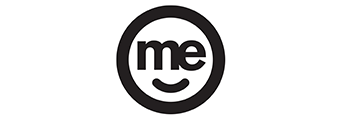


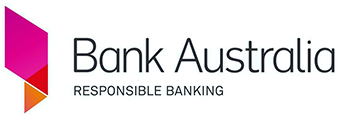
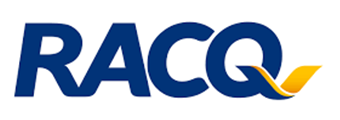

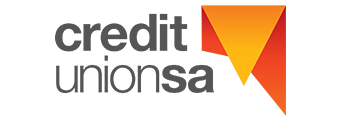


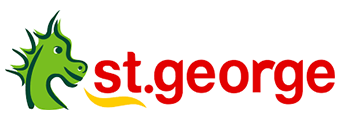

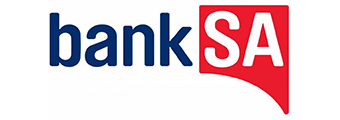
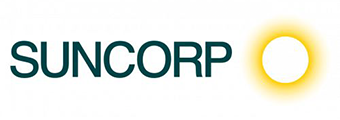
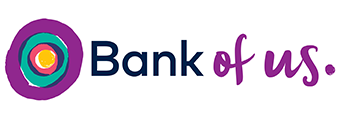
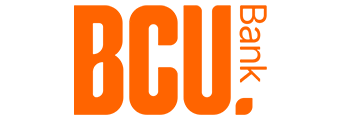
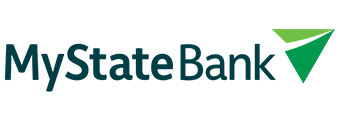
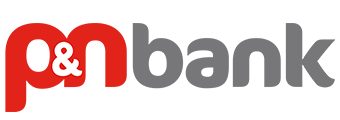
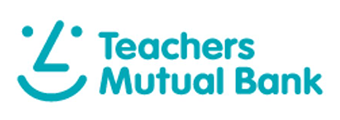
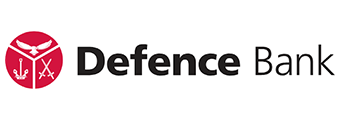


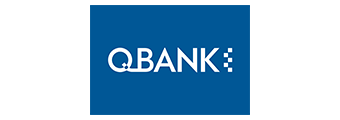

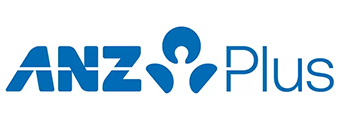


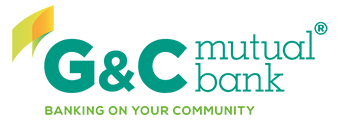
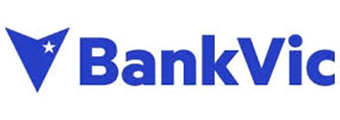






 Harry O'Sullivan
Harry O'Sullivan
 Harrison Astbury
Harrison Astbury

 Aaron Bell
Aaron Bell


